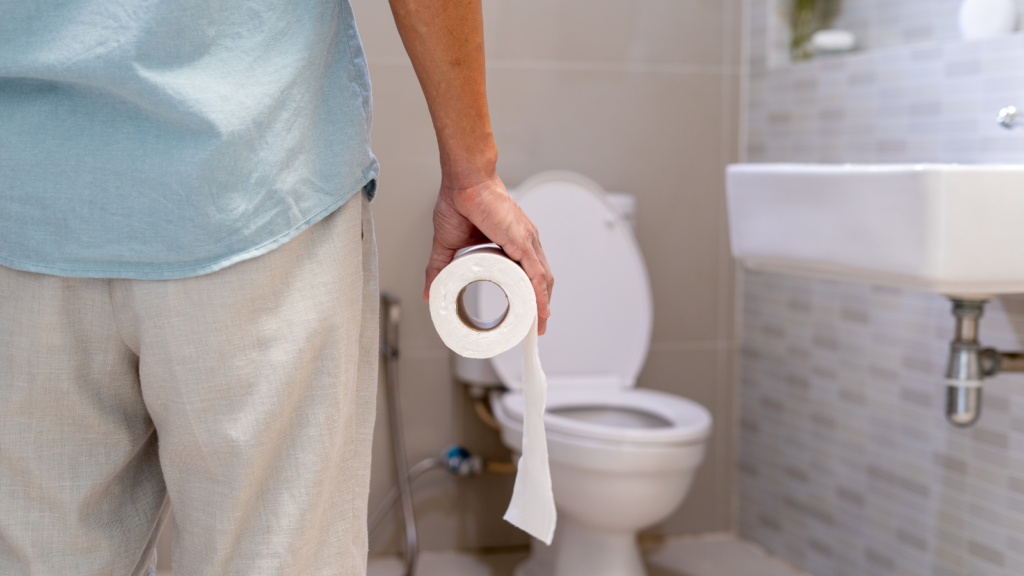Toilet paper is an unexpected source of potentially harmful “forever chemicals” in wastewater across the globe and could be leaching into soils via sewage, a new study on Wednesday said.
“Forever chemicals”, or PFAS, are found in cosmetics, non-stick cookware and waterproof clothing.
They have been linked to several types of cancers, cardiovascular disease, fertility problems and developmental disorders in children.
The synthetic chemicals are present in soil and waterways across the globe, and a new study on Wednesday found that toilet paper “should be considered as a potentially major source” of PFAS in wastewater treatment systems.
The researchers said reducing PFAS in wastewater is “critical”, since the chemicals are potentially harmful.
“Wastewater effluent and sludge are commonly reused for irrigation and/or land application; research has already shown that these two pathways pose a risk for human and environmental exposure to PFAS,” said the study in the Environmental Science and Technology Letters journal.
Some manufacturers add PFAS when converting wood into pulp, traces of which may contaminate the final toilet paper product.
Recycled toilet paper may also be made with fibres that come from materials containing PFAS, said the study.
The researchers collected toilet paper rolls sold in North America, Latin America, Africa and Western Europe, along with sewage samples from wastewater treatment plants in the United States.
The main PFAS detected were “disubstituted polyfluoroalkyl phosphates” — or diPAPs — compounds that can convert to more stable PFAS such as perfluorooctanoic acid, which is potentially carcinogenic.
Researchers combined their results with data from other studies that included measurements of PFAS levels in sewage and per capita toilet paper use in several countries.
They found that toilet paper contributed about four percent of diPAPs in the United States and Canada, 35 percent in Sweden and up to 89 percent in France.
The numbers may be lower in North America because other products are responsible for PFAS in wastewater, such as cosmetics, textiles or food packaging.
The study looked at toilet paper samples collected from November 2021 to August 2022.
Introduced in the 1940s, PFAS (perfluorinated and polyfluorinated alkyl substances) are known as “forever chemicals” because they are extremely persistent in the environment and in our bodies.
Although hard to avoid entirely, contact with them can be reduced by avoiding non-stick cookware, stain-repellent and water-repellent materials and with proper water filtration.

















